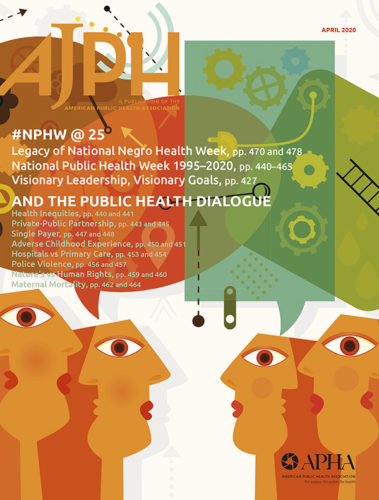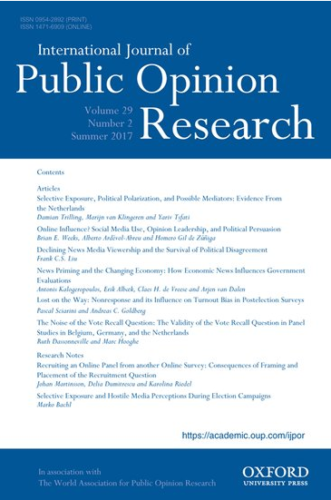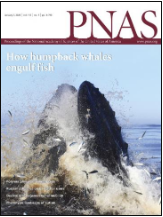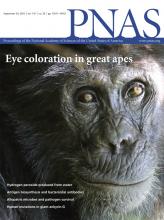People who rely on social media for information were more likely to be misinformed about vaccines than those who rely on traditional media, according to new research by the Annenberg Public Policy Center.
Science communication


Science Media Monitor No. 3 Update: Retractions of Scientific Findings
An updated Annenberg Science Media Monitor on retractions of scientific findings found just 38% of the articles analyzed indicated how the errors or misconduct occurred.

Science Media Monitor No. 4: Crisis and Self-Correction in Science
In its fourth report, the Annenberg Science Media Monitor focuses on media reports about crisis and self-correction in science and efforts to address them.
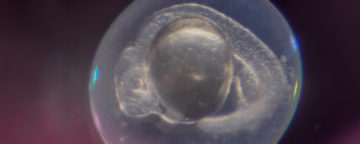
Signaling the Trustworthiness of Science
To sustain trust in science, scientists must more clearly show the public -- and each other -- that they honor scientific norms, Kathleen Hall Jamieson and other scholars assert in an article in PNAS.

Proximity (Mis)perception: Public Awareness of Nuclear, Refinery, and Fracking Sites
Many people say they don't live near a nuclear, fracking, or refinery site when they do. A new study looks at how the public forms perceptions of proximity to risk sites such as nuclear, fracking and refinery sites.
